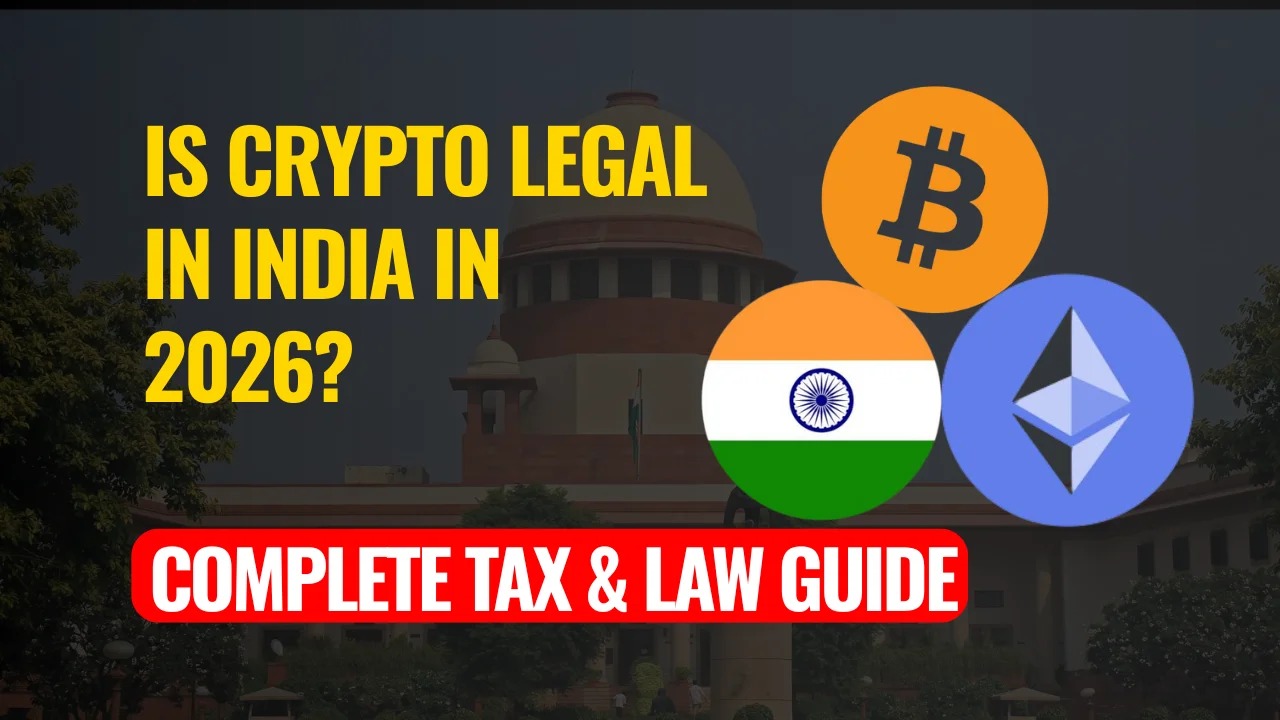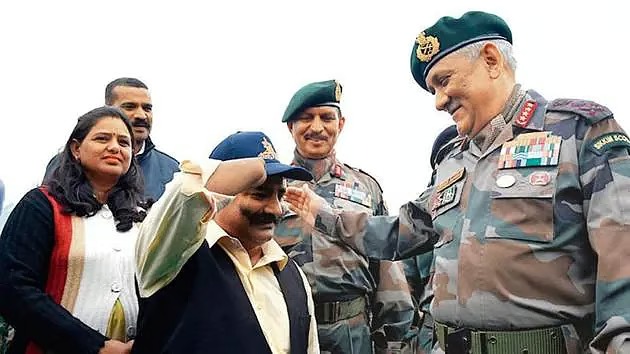Sailendra Prasad Talukdar, J.@mdashGrievances of the petitioner, as ventilated in the instant application under Article 226 of the Constitution, may briefly be stated as follows:
Petitioner joined as a Security Guard in Beturidishergarh Colliery in 1972. With nationalization of colliery, the petitioner as well as other employees were transferred to the Eastern Coalfields Limited in 1973. In response to the direction, petitioner deposited his Identity Card, two passport size photographs as well as other relevant documents in his office and within a few days, he was given a new Identity Card. His date of birth was recorded as 10th July, 1950 in the service book and provident fund records. In his new Identity Card, his age was recorded as 23 years in 1972. In 1977, he was transferred to Samdi Colliery, where he applied for promotion declaring his year of birth as 1950 and this was duly accepted. He was promoted to the post of Havilder on 2.5.1978. In 1987, he was asked to verify the service excerpts, prepared by the office. He did not find anything wrong there. To his utter shock and surprise, he was served with a notice of superannuation asking him to retire w.e.f. 30th April, 2006. This was on the basis of wrong recording of his date of birth as 5th of April, 1946 at the time of computerisation of the service particulars.
2. In the year 2003, ''B'' form register was issued where too the petitioner''s date of birth was recorded as 10th July, 1950. Petitioner had no occasion for raising any objection since the year of birth was correctly recorded.
3. On receipt of the notice of superannuation, the petitioner himself as well as through the Union took up the matter with the management without, however, any change in complexion. The petitioner was never asked to appear before any Age Determination Committee or Apex Medical Board for determination of his age. Moreover, as per the prevailing practice, in absence of any dispute being raised by an employee in connection with the entries in the service record excerpts, the authority has no power to alter the date of birth of any employee nor it can send an employee for reassessment of age. By compelling the petitioner to retire quite well before his attainment of the age of retirement was in violation of Articles 14, 16 and 21 of the Constitution. The petitioner, thus, was deprived of his livelihood and was consequently denied his right to live with dignity.
4. In the circumstances, the petitioner filed the present application with the prayer for direction upon the respondent authority to cancel/withdraw the impugned notice of retirement dated 20th December, 2005, being annexure-''P-6'' to the application and further direction upon such authority thereby compelling it to allow the petitioner to continue in service till 10th July, 2010.
5. As against this, respondent No. 3 contested the case by filing Affidavit-in-Opposition through its representative. While denying all the material allegations made by the petitioner, it was claimed that the petitioner sought for correction of his date of birth and cancellation of notice of superannuation at the fag end of his service career. It was claimed that the petitioner did not disclose his date of birth at the time of his appointment. In 1993, his date of birth was assessed by the Apex Medical Board as 47 years 6 months as on 5th October, 1993. Based on such finding, his date of birth was calculated as 5th April, 1946. It was duly recorded in the ''B'' form register of Gourandih Colliery. Service records were prepared on the basis of the same. Petitioner put his thumb impression as also his signature on the service record as an acknowledgment of entries made therein. The said documents were also counter-signed by the Welfare Officer. While availing leave travelling allowance, the petitioner accepted the recording of his date of birth as 47 years 6 months as on 5th October, 1993. It was further alleged by the respondent authority that at no point of time, the petitioner raised any grievance regarding such recording of his year of birth as 1946.
6. Dismissal of the application was so prayed for.
7. Mr. Subrata Ganguly, as learned counsel for the petitioner, submitted that the date of birth as entered on the service register cannot be changed unilaterally. In this context, he referred to a decision of the learned Division Bench of the Andhra Pradesh High Court in the case of Smt. Pochamima v. The Principal Secretary, Technical Education, Government of A.P. & Ors., as reported in 2004 LAB. I. C. 3074. In the said case, the petitioner was not retired on the accepted date of birth as entered in the service register but on the basis of the date of birth arrived at by the employer on the basis of report of forensic expert. The petitioner was not given any opportunity to show cause.
8. He further referred to another Division Bench decision of the Andhra Pradesh High Court in the case of Mohd. Ankus Ali v. The District Collector, Warangal & Ors., as reported in 2002 LAB. I. C. 1157. There the Division Bench held that date of birth recorded in the service register cannot be alterned to the detriment of petitioner without giving him an opportunity of hearing.
9. In the case of
10. On the other hand, Mr. Basu Chowdhury submitted that there could be no question of any unilateral action by way of alteration of the date of birth as recorded in the service register in the case of the petitioner. It was categorically submitted that the petitioner approached this Court with the undue expectation that he would be allowed to continue in service even after attaining his age of superannuation on the basis of the order of the Court. It was submitted on behalf of the respondent authority that the petitioner never raised his voice of protest regarding recording of his year of birth as 1946 and the challenge had been made after long time and at a critical juncture though he put his signatures on various documents.
11. Referring to the decision of the Apex Court in the case of State of Uttaranchal & Ors. v. Pitamber Dutt Semwal, as reported in (2005) 11 SCC 477, it was contended that the High Court is not expected to interfere with the decision of the authorities in the circumstances of the case.
12. Mr. Basu Chowdhury invited attention of the Court to the decision of the Apex Court in the case of
13. Learned counsel for the respondent authority further submitted that unless a clear case, on the basis of materials which can be held to be conclusive in nature, is made out by the petitioner, the Court or the Tribunal should not issue a direction, on the basis of materials which make such claim only plausible. It was further contended that High Court in exercise of its jurisdiction under Article 226of the Constitution is not expected to undertake an enquiry and where disputed question of fact involved, the High Court should not intervene. Learned counsel for the respondent authority sought to derive support and strength in this regard from the decision in the case of
14. Mr. Basu Chowdhury further referred to a single Bench judgment of this Court in the case of Dr. Prem Kumari v. Union of India & Ors., as reported in 2007(1) SLR 862. He submitted that there could be no basis for the claim as made in the present application by which the petitioner impliedly sought to change the date of birth, as officially recorded.
15. Copies of the various documents annexed to the writ application unfortunately do not lend much support to the claim of the writ petitioner. While annexures - ''P-1'' & ''P-2'' have very little legal weight, annexures-''P-4'' & ''P-5'' fail to paint the cloud with sunshine.
16. On the other hand, respondent authority is far too well equipped in order to respond to the challenge. Annexure-''A'' to the Affidavit-in-Opposition is an office order dated 3/4.11.1993 wherein the assessed age of the petitioner is recorded as 47 years 6 months as on 5.10.1993. The same office order involves as many as 29 employees and it cannot be said to be a tailored one. Copy of the service book of the writ petitioner which has also been annexed supports the same and the copy of the extract ''B'' form register leaves little further scope for controversy. It also cannot be denied that there is hardly any material to the satisfaction of the judicial conscience of this Court so as to suggest that the petitioner raised any grievance and rather he chose to accept the relevant entries as made in the service record. Much was submitted on behalf of the petitioner referring to the Mines Act in support of the contention that it is the statutory requirement to declare the date of birth at the time of initial entry in the service.
17. In the factual backdrop of the present case, this Court cannot proceed on hypothetical basis. There is very little scope for pondering over ''ifs and might-have-beens''.
18. Considering all these aspects, I am of the view that there is no such material on records so as to justify entertainment of such disputed question of fact while dealing with an application under Article 226 of the Constitution.
19. The fact that the petitioner did not choose to raise his voice of protest at the appropriate time goes a long way to attract the principle of estoppel. By his act and conduct, he made the authority take a particular stand and there can be no rational justification for a departure.
20. In the result, the present application being W.P. No. 176 of 2006 fails and be dismissed. Consequently, this disposes of the application being G.A. No. 631 of 2008. Interim order, if any, stands vacated.
There is no order as to costs.
Urgent xerox certified copy of the judgment be supplied to the parties if applied for, as expeditiously as possible.

